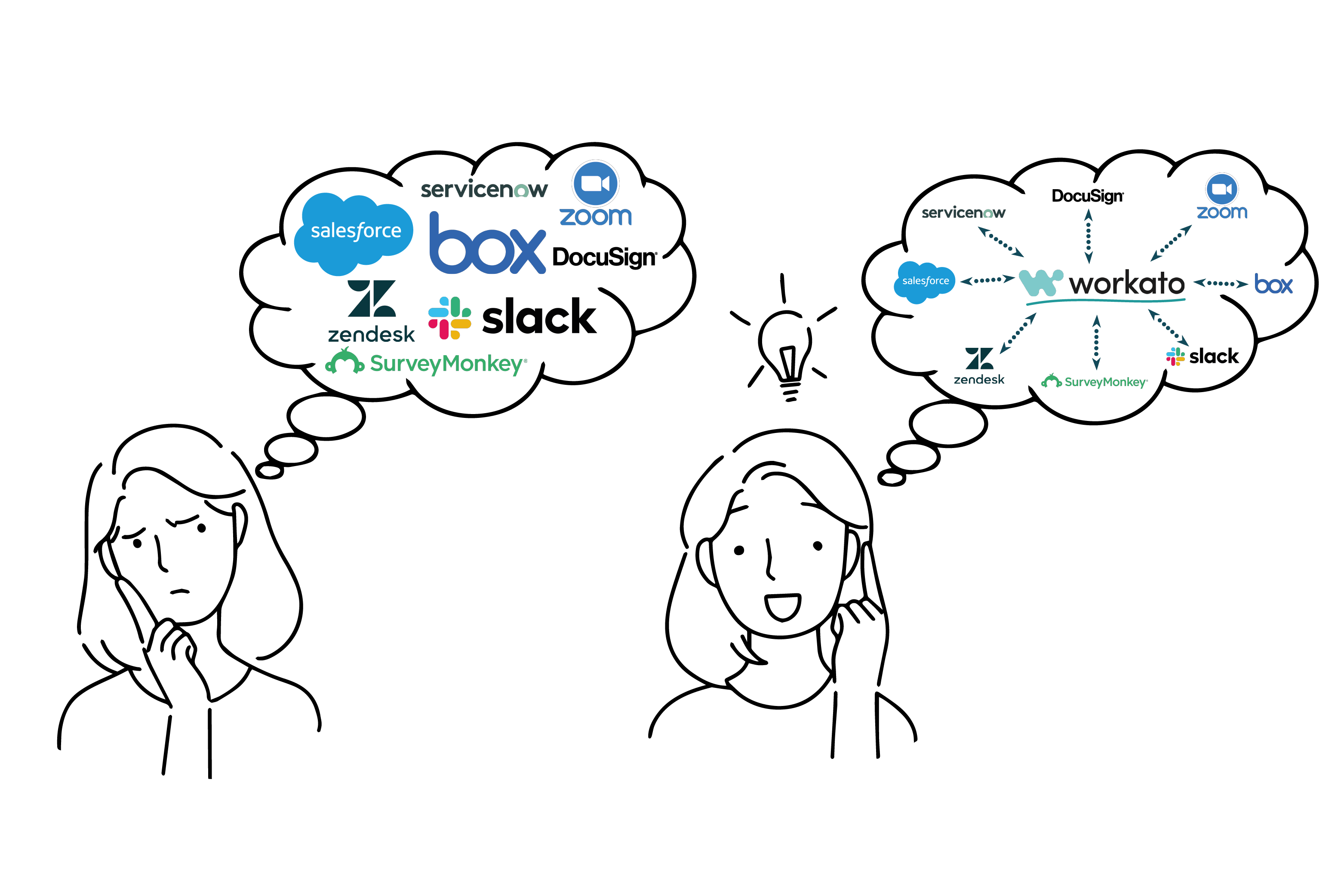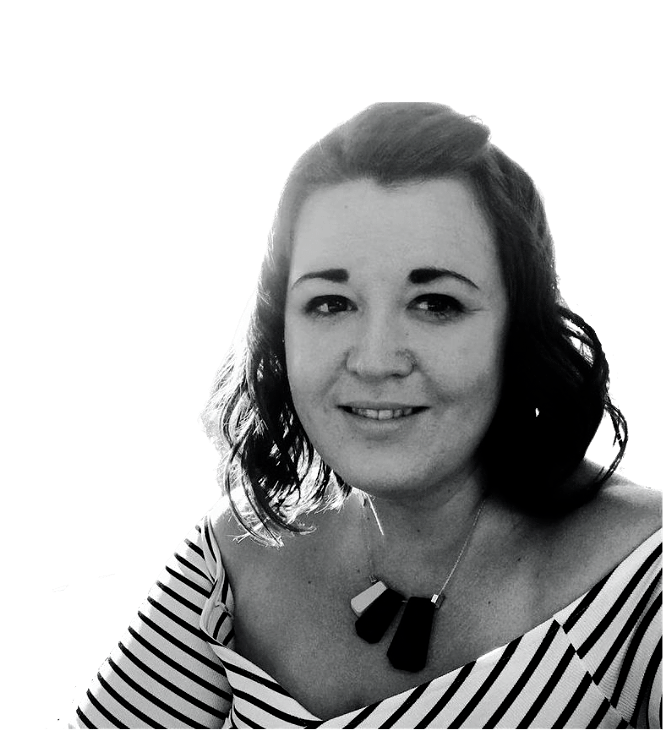Sign Up for Our
Updates
Hi, I'm Tom, and I am a Board Advisor to Alphalake Ai, focusing on community engagement and impact. My role is to ask the questions that get the team a strategy we're all invested in.
The desired results include clear, consistent communication on why Alphalake is phenomenal in what we do and who we are (values, culture, priorities, trust) internally and externally. From this, the goal is to drive the continued success of the new business through a results-driven strategy and create a global and welcoming community that loves us (and we love them) because we give away so much value to help them become exceptional.
What drew you to Alphalake?
- The passion and vision of the team to make a significant impact.
- The valued customers love the team.
- Admire how the team comes together to hit a goal together, a vision and commitment to help the healthcare system.
- Having a 'why' of the business focuses on giving back.
3 words to describe Alphalake?
Kind. Passionate. Results.
Do you believe the human touch element is still prevalent in healthcare?
Yes, it always will be. It's clear people want to be treated by other humans, at least at the moment. It can help spot patterns for the doctor to relay information with an emotional, reassuring touch or use precision robotics for surgery. However, there are always going to be people that want to deal with people.
To what extent do you believe that AI in healthcare will replace GPs/displace jobs?
I don't think it will ever replace jobs. Allow them to do more and get better results. There is a shortage of GPs, and the independent highlighted there might be a shortage of 7,000 GPs. So, I think AI will be very much needed as new verticals within industries, companies, and teams are being created at a rapid rate.
It will enhance the GPs role and deliver so much more value to the end-user, i.e. quicker diagnosis, faster prescriptions, quicker time to surgery, saved time on admin, a better quality of work, lower stress because lengthy, time-consuming tasks will be automated, and ultimately support an increased life expectancy.



.png)

.jpg)